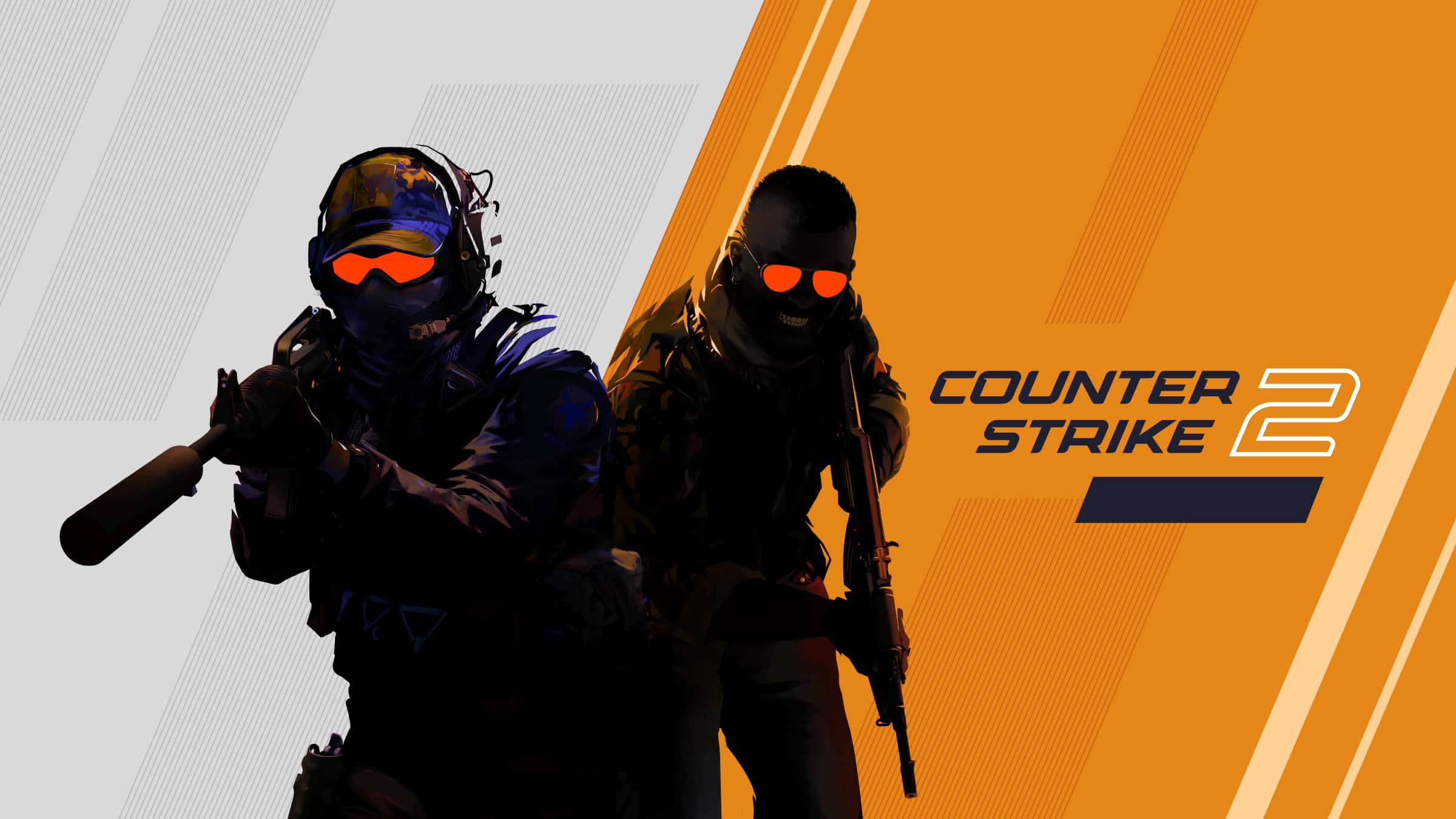Print Fix Hub
Your go-to source for everything print-related, from troubleshooting to tips.
When Reporting Goes Wrong: Hilarious Tales from the CSGO Report System
Discover the funniest fails and bizarre tales from the CSGO report system that will leave you laughing out loud!
The Most Outrageous CSGO Reports: Bizarre Reasons for Ban
In the world of CSGO, players have been banned for some of the most outrageous and peculiar reasons imaginable. From innocuous behavior mistaken for cheating to bizarre coincidences leading to account suspensions, the reasons behind these bans can often leave the community scratching their heads. One notorious incident involved a player who received a ban for using a specific skin that was linked to a notorious cheating scandal, even though the player had no involvement in the controversy. This highlights the sometimes punitively broad nature of Valve's moderation policies, where innocent players can suffer the consequences of events beyond their control.
Moreover, there are instances of players facing bans due to seemingly harmless acts, such as joking about their in-game antics or even their choice of usernames. For example, a player known for their outrageous comic names was permanently banned for 'offensive behavior', while many others shared similar names without any repercussions. These strange restrictions have sparked debates in the community regarding the fairness of the ban system in CSGO. It leads fans to wonder if stricter checks on player intentions are needed to avoid these bizarre misunderstandings in the future.

Counter-Strike is a popular first-person shooter franchise that has garnered a massive player base since its inception. With the release of newer titles, many players are curious about the game's compatibility across different platforms. For instance, is Counter-Strike 2 cross-platform functionalities, which can enhance multiplayer experiences.
When Honesty Backfires: Comical CSGO Reporting Fails
In the fast-paced world of CSGO, where every frags counts and competitive spirits run high, players often find themselves caught in comical situations when it comes to reporting their teammates. One famous incident involved a player who, in a fit of rage, decided to report a teammate for 'bad aim'. However, what he didn't realize was that he was the one missing all his shots, leading to a hilarious backfire when the community rallied to support the ‘bad aim’ player instead. This episode not only turned the tide of the match but also highlighted how sometimes, honesty can blow up in your face.
Another classic example of CSGO reporting fails involved a player who took it upon himself to report everyone on his team for 'griefing', ironically while refusing to cooperate with any strategy. The result? An entire forum thread dedicated to this player's antics filled with memes and laughter from the community. Players eagerly shared their own reporting blunders, proving that while honesty is the best policy, in the world of CSGO, it can also lead to some of the most hilarious moments in gaming history!
Is Your Report Doing More Harm Than Good? Hilarious Consequences of Misreported Players
In the competitive world of reporting, a misquoted player can lead to hilarious misunderstandings that echo throughout the sports community. Imagine a star athlete being quoted as saying they prefer pineapple on pizza, leading to a frenzy of memes and hashtags like #PineappleGate. Not only does this generate buzz, but it also becomes an unfortunate distraction for the player, who is now known more for their pizza preferences than their incredible stats. This misreporting can result in a skewed public perception, making it seem like the athlete is more concerned with their culinary choices than their performance on the field.
Moreover, the ripple effects of misreported statements can wreak havoc on team dynamics and public relations. For instance, when a player is misquoted about their relationship with teammates, it can spark unnecessary drama and tension within the locker room. Fans may rally behind fabricated rivalries, calling for trades and igniting unfounded controversies. In one memorable case, a player's innocent comment about a teammate's shoes turned into a full-blown scandal, leading to an awkward press conference where the player had to clarify that no, they did not actually think their teammate's shoes were 'the ugliest in the league.' The unintended consequences of such misreporting highlight a critical aspect: Is your report doing more harm than good?